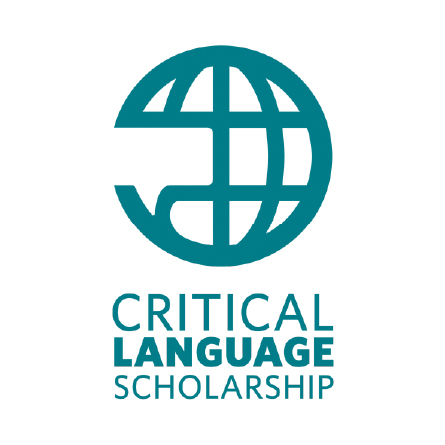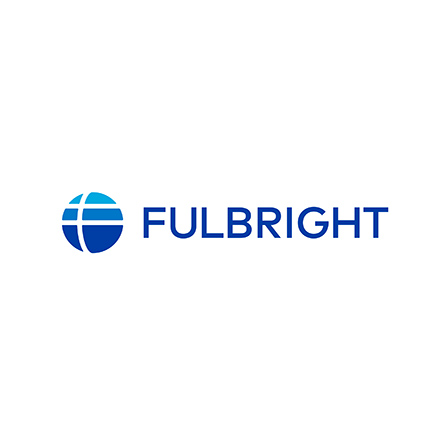
Welcome to German Studies at Conn! Our department is known for its strong interdisciplinary focus; innovative, globally-networked courses; excellence in research and teaching; individualized mentoring and advising; and the close working relationship between students and faculty.
Our main goal is to create a welcoming, equitable learning environment for all students at Conn. In order to make our curriculum more inclusive and accessible for Conn’s increasingly diverse student body, our courses focus on traditionally marginalized voices and challenge conservative notions of “German” identity within the context of Germany’s complicated past and multifaceted present. We want our students to engage critically with questions of power and privilege. Taking the cultural and political history of the German-speaking world as a point of departure, students in German Studies are uniquely positioned to explore global issues such as racism, discrimination, forced labor, genocide, forced migration, colonialism, environmentalism, and questions of gender and sexuality.
Within the Department, faculty members have a wide array of teaching and research interests, including German film, the city of Berlin, German colonialism, Germany’s post-1945 cultural and political history, Holocaust studies, refugee and forced migration studies, Muslims and Islam in Germany, German environmentalism, the Enlightenment, and the Age of Revolution.
Our students have combined their majors or minors in German with a whole array of other academic and creative interests. These range from International Relations, Economics, Philosophy, and History to English, Italian, Classics, and Psychology as well as Art, Music, Environmental Studies, and Biochemistry. Our students also participate actively in the academic centers at Connecticut College and in the pathways of our Connections program. A number of them decide to write a two-semester honors thesis. In recent years, our students have focused on social-justice issues such as right-wing extremism in Germany; soccer and national identity in Germany; adolescent migrant narratives on shifting identities, societal integration, language learning, and citizenship pathways in Germany; multilingualism and the successful multilingual polity of Switzerland; public libraries and communities in Germany; and educational barriers faced by Syrian refugees in Jordan and Lebanon.
Recently, our German studies majors and minors have had tremendous success securing Fulbright scholarships. Since 2007, graduates of German Studies have won 14 Fulbright scholarships to Germany, allowing them to study, teach, and launch a project of their choice in Germany. Students advised by faculty in German Studies have won other prestigious awards and scholarships as well, including US Teaching Assistantships at Austrian Secondary Schools, a Marshall Scholarship for graduate study in the United Kingdom, DAAD University Summer Course Grants, and the College’s Claire Gaudiani ‘66 Prize for Excellence in the Senior Integrative Project. Some have chosen to continue their studies in postgraduate programs at internationally renowned universities such as Harvard, NYU, The Ohio State University, and Quinnipiac University.
For your study away experience, we encourage you to take advantage of the award-winning immersion program, the Baden-Württemberg-Connecticut Exchange. Some 92% of our students are able to incorporate either a semester or a year of study abroad into their academic program. Summer study in Germany, with funds available through the department’s John S. King scholarship, is another option. You may also decide to do an internship in Germany, with funding available through the German Academic Exchange Service, the Hale Center for Career Development, the Language Intensive Internship Grant, and the Global Scholars Fund, among others. For more information about fellowships and scholarships, please visit the website of the Walter Commons for Global Study and Engagement.
You also have many opportunities on campus to practice your language skills with German speakers and learn about life in Germany, including daily lunch conversation at the German language table in Harris. The department also organizes academic lectures, film screenings, readings, and other cultural events, including our annual Herbst-, Winter- and Frühlingsfest.
